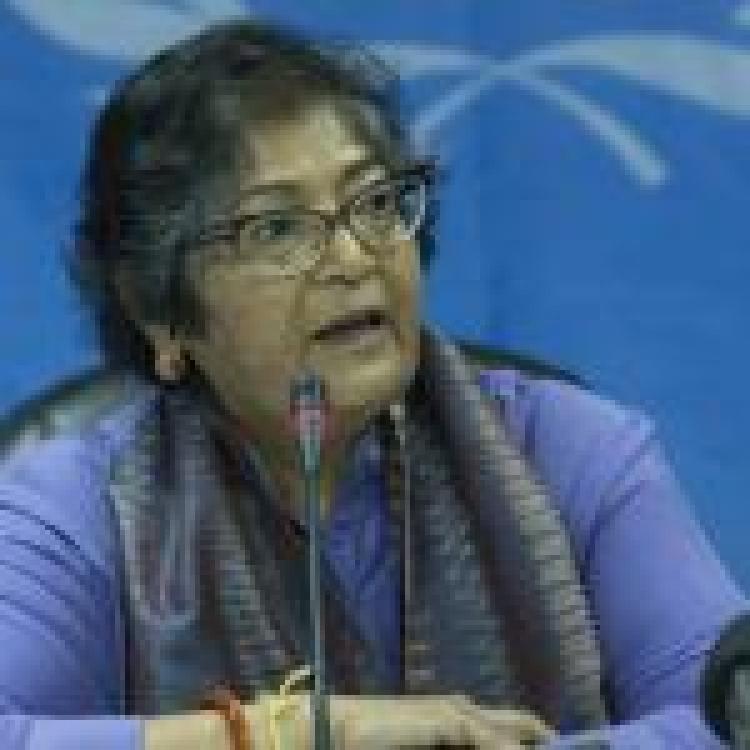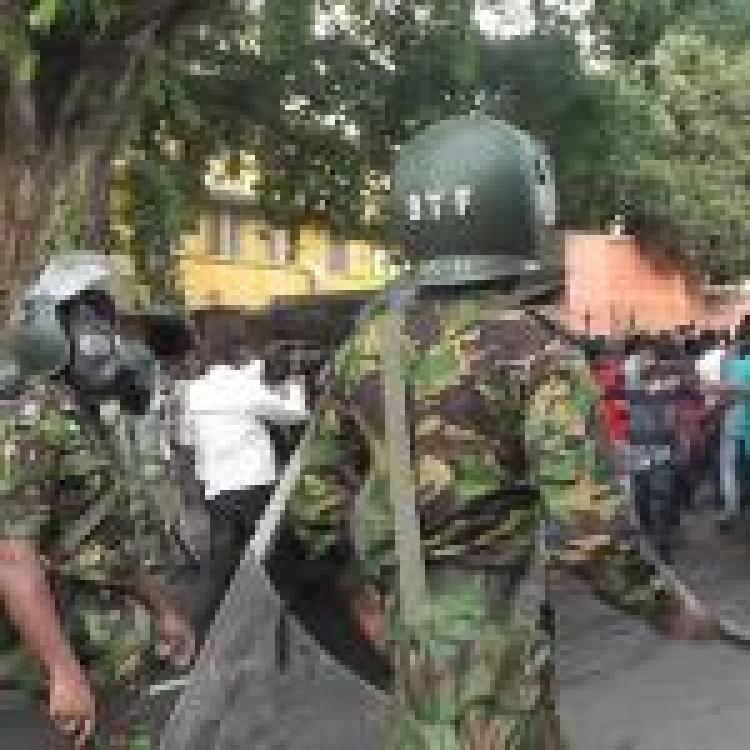Four rights groups have expressed concern over Police Scotland's training of Sri Lankan police officers and have called for an end to the programme until Sri Lanka demonstrates "a genuine willingness to reform."
Human Rights Watch (HRW) the Sri Lanka Campaign for Peace and Justice, Freedom from Torture, and Pax Christi Scotland wrote to Scottish Justice Secretary Keith Brown, asking for "clarity about the status" of Police Scotland's training programme following last week's announcement that they were temporarily suspending their training of Sri Lankan police officers pending a risk assesment over human rights concerns.
In their joint letter, the groups highlighted that "there is no political will on the part of the government to end abusive police practices, no amount of 'training' is going to bring significant improvements."
Police Scotland have previously defended their training of Sri Lankan police forces, claiming that their approach is underpinned “by a human rights approach” but the rights groups emphasised that there has not been any "evidence of any improvement in the human rights performance of the Sri Lankan police under the Gotabaya Rajapaksa administration."
"Instead, continued training efforts merely appear to endorse the actions of an abusive police force," they added.
Gender-based violence
Commenting on the programme’s objective of helping to address gender-based violence, the letter further highlighted recent comments by the Sri Lankan police spokesman, Senior Deputy Inspector General Ajith Rohana. Rohana had told a television talk show that police would not pursue cases of threats or assault against a woman by her husband
“We do not proceed with these cases to court. We try to reconcile the matter. If we remand the person, the husband and wife will be separated, then what will happen to the children?” he stated.
Putting Sri Lanka on the red-list
![]()
The joint statement further highlights that officials from Scotland's Justice department, who defended the training programme, failed to mention that a temporary suspension was in place and maintained that "implementation is a matter for Police Scotland."
However, Scottish Ministers have the power to intervene to prevent the continuation of this training. Police Scotland have reported that they operate on a “traffic light” system with countries on the red list requiring ministerial approval. The statement also notes that the UK Foreign Office has funded this training programme.
The organisations also highlight the concerns raised by the previous Scottish Justice Minister, who called upon ministers deciding upon the programme to “consider a range of issues, including an examination of human rights implications”.
Earlier this month, HRW called on the international community to suspend any assistance to abusive law enforcement agencies, given the rise in deaths and abuse of people under the guise of coronavirus in Sri Lanka. The statement also warned international partners that “assistance risks appearing to endorse or lend legitimacy to agencies that are unwilling to improve their respect for human rights."
Read the organisation's joint letter here. and press release here


